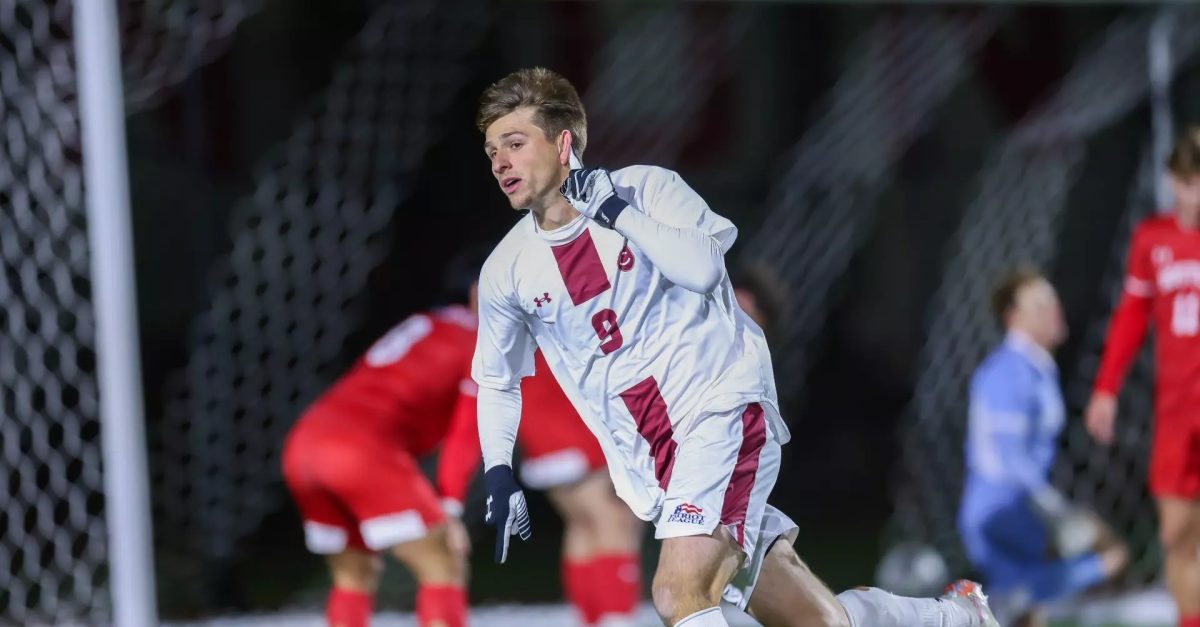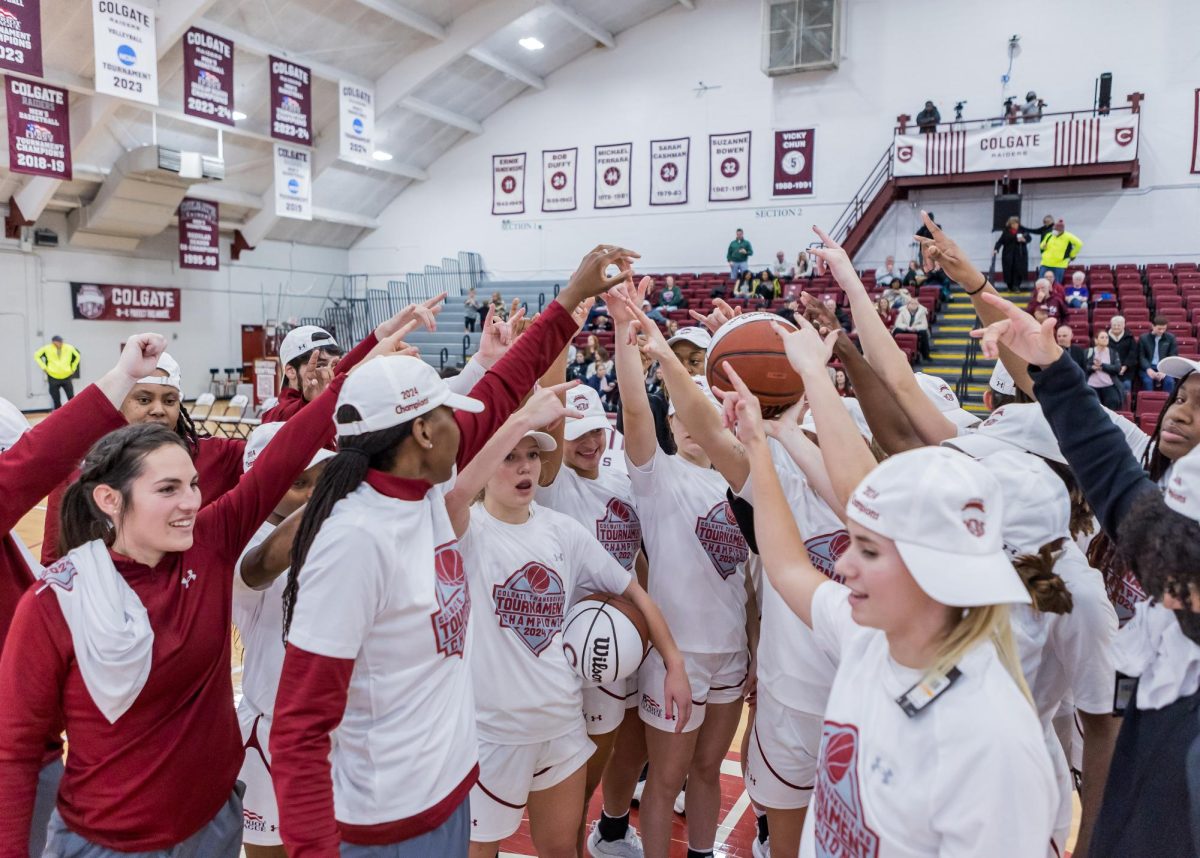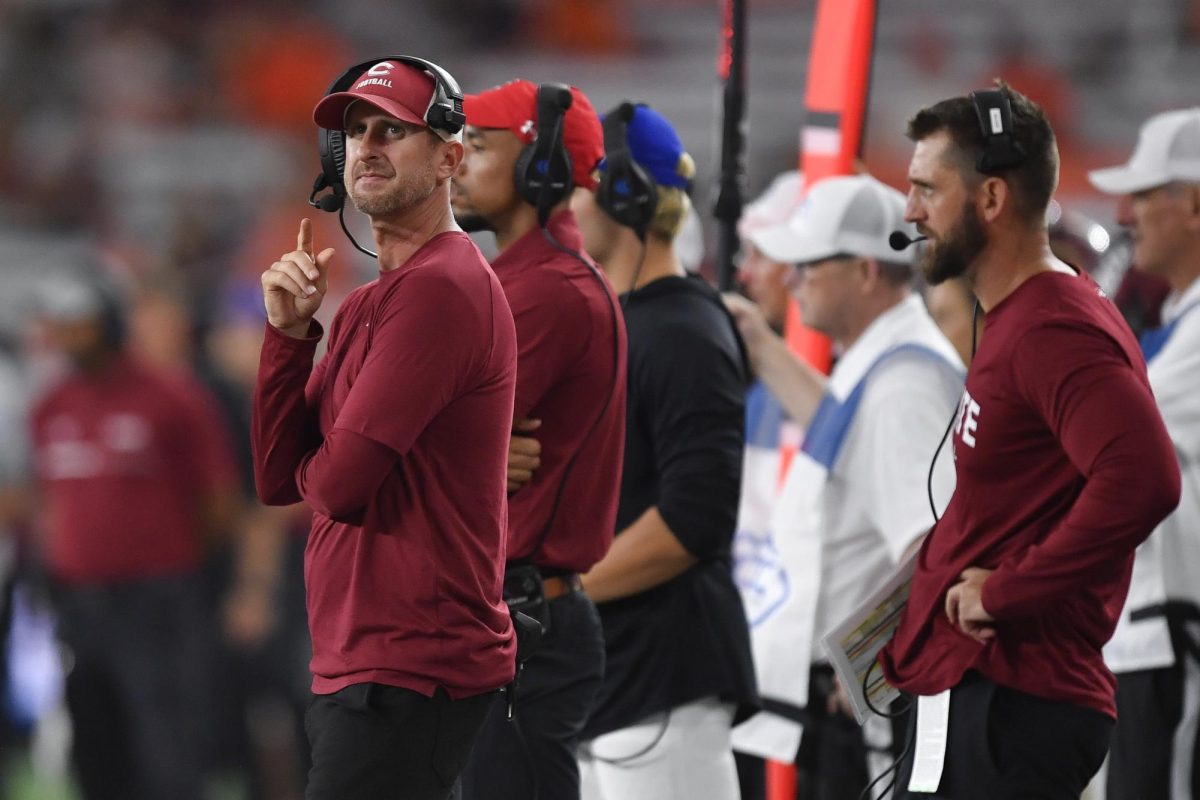The 2024 presidential election continues to be a topic that dominates every newspaper, website, magazine and headline in the United States. Because of this, it is very easy to find articles highlighting the opinions of voters and what is driving their decision to vote for a specific candidate. One perspective on voting that might get lost amid the flurry of election-related media in our feeds is that of young student voters from swing states, or states that don’t consistently vote for a specific party. However, these young voters are increasingly important in the upcoming election and face unique pressures because of their role in election outcomes.
Young voter participation is one of the many topics that come up when discussing the election. Not all youth voters feel an obligation to get to the polls and vote due to the fact that they feel their vote will not make a difference in their state. Senior Cullen Williams, a resident of Wilmington, N.C., emphasized the importance of youth voting and noted his efforts in encouraging his friends to vote.
“I’ve been trying to encourage all my friends to vote,” Williams said. “The youth voting percentage is so dismally low, which is pretty sad. I think there are a lot of issues specific to our age group that don’t get represented in elections because a lot of candidates are catering to a super reliable and older population like seniors, who are the most reliable voting population.”
Students and young people comprise a less reliable population when it comes to voting because it is common among them to think that their vote won’t make a difference. However, student swing state voters recognize the important responsibility they have. Sophomore Louisa Clark, a resident of Wayne, Pa., described the unique challenges and responsibilities that students from swing states are facing in the upcoming election.
“Swing states are really the states that decide elections and that is where the heavy campaigning takes place. I probably get 10 to 15 texts or calls per day from get out the vote campaigns,” Clark said. “Anyone who knows they have an extra say in the election has an obligation to do something about it, I think. With my state, it’s not like my singular vote is going to change an outcome, but if all of the students from my state decided not to vote, then it would change the outcome — that is definitely more pressure to be under.”
Sophomore Alexis Fingerman, a resident of Newtown, Pa., located in Bucks County — one of the state’s most important swing counties — echoed similar sentiments to Clark when describing the pressures she feels as a swing state voter.
“I’m from a major swing county in my swing state, so I feel even more of this pressure to vote,” Fingerman said. “It’s been great because it has forced me to pay attention to what is going on around me.”
Fingerman went on to highlight the importance of new voter participation and the impact that the younger generations can have on the outcome of the upcoming presidential election.
“We are the newest generation of people to vote, so in the future, we will be the ones making history,” Fingerman said. “We’re the deciding factors now because we’re paving our own way. It’s up to us to make the decisions to change the course of the country.”
This new generation of voters has the opportunity to change the course of this election and the future of our country, as votes of students from swing states are especially important this November. As a result, many student swing state voters have felt immense pressure, motivating them to do more research on the candidates to make an informed voting decision. These voters will play a crucial part in the upcoming election, and it is important to recognize the demanding responsibilities placed on them as a result of their home state.















